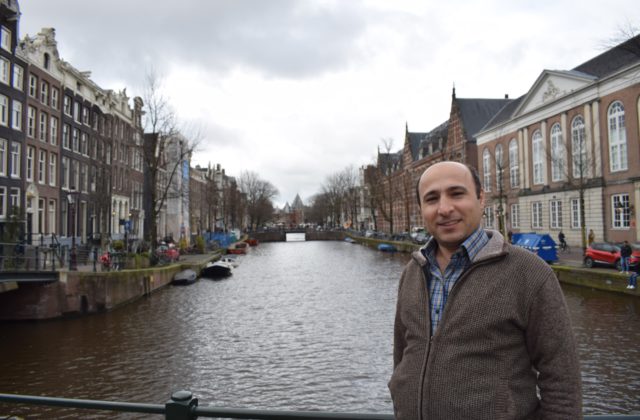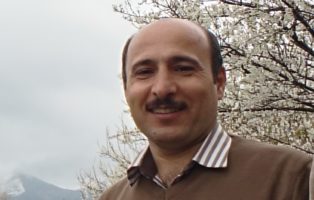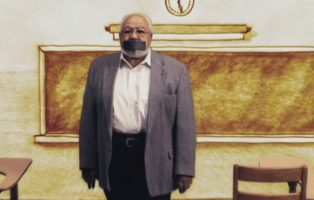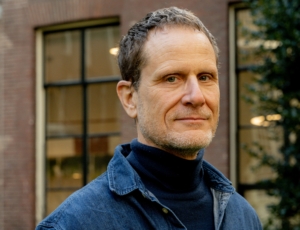I
It had always been our dream to visit the city of Paris, of ‘Liberty, Equality and Fraternity’ which was written on the top of a beautiful building. While we were walking through the city’s streets, the motto caught our gaze. We admired it; a beautiful and just motto, Liberty and Equality.
One of the first places we visited was the Sacré-Cœur. It was Sunday morning and some people were praying. Once again we were stunned; our eyes opened wide and big. We saw a statue of Mary on an alter and two human hands hanging onto her feet. Two inverted praying hands. Perhaps the kneeling man was praying for Liberty, Equality and Fraternity, for the lack of them. What was clear, though, was that he was in need of help. People have the need to pray, especially when they are in trouble and nobody can help them. They need to take refuge in something. Whether atheists want them to do it or not, they will do it. That is why some psychologists are still concerned with the function of religion for individuals. It is their subject matter.
II
Before we went on our trip to the city of the famous motto, our friends informed us; ‘it is a very beautiful city, but its people are not friendly and be careful: there are many pickpockets.’ Fortunately, our property was not stolen, but we kept a sharp eye on it. Rudeness is rife. Not in everyone, but we saw some harsh manners, especially towards homeless people. Imagine if Paris had been a village. I have often heard that in villages people will pool resources to help the homeless. This is the power of traditional people. Their religion and culture make them cohesive, helpful, and supportive while they don’t claim to be civilized people. This could not be seen in the huge modern system and in one of the biggest capitals of world.
On our last day from the city of the beautiful motto, our last stop at a bus station was terrible. We did not expect the motto of equality to be taken literally to the level of mixed restrooms. Especially for women, this led to hygienic inequality. Despite my religious uncertainty, I now had a new-found appreciation for it. Some religions are very explicit about rules of personal hygiene. They obligate people to follow the important tenets of hygiene and health.
III
Let’s go back to the suppliant hands, hanging around the Mary statue. Imagine a politician, maybe from the Christian Democratic Party, visiting the church. He sees the suppliant, and others within their order. Here with a political gaze, he sees votes, and the social influence within a group bonded by religion and solidarity. He perceives the influence of the priest on them. He thinks “I should shake the praying hands first and then talk to the clergy, camera!”
“God bless and calm you, my brother! Don’t worry, Christian siblings will help you. You are not alone,” He saysto the suppliant man. Then to the priest he goes:
“Hello Father. I’m … unfortunately I met many of our siblings who come here to pray. I think our community is in trouble. We should find a solution. The problems cannot be solved without your help. After listening to them, I decided to offer myself to the next election to help the people. We must change the situation. We can make homes for the homeless. Together we can eradicate poverty on our land… have faith in me, support me, and give me your vote…”
“God bless you my son! You could be a great man,” The priest answers.
The above-mentioned story was only a small part of the trip. Our trip was finished, but it helped me to open my eyes for the tangible presence of religion in secular states.
The main lesson for me as a political scholar is that religion is still an important social phenomenon and politicians, either secular or religious, use the religious sentiments of people. Since religion still exists in society, it can be politicized. This is the political function of religion, considered by political scientists like me.
S.M. Amsterdam 1/12/2020



